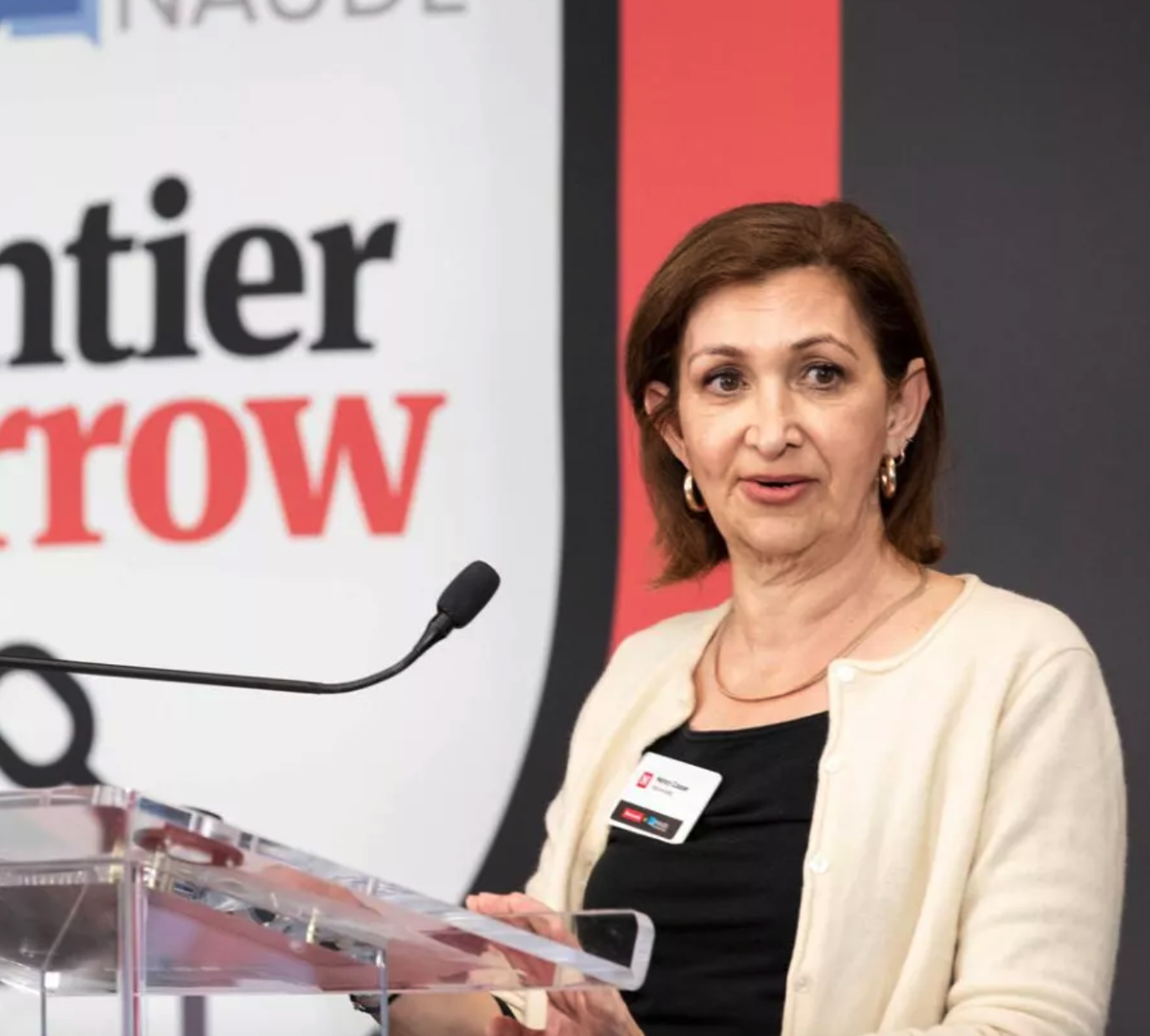
Today, news media faces a number of structural challenges: deepening polarization, diminishing trust and a stark decline in reader engagement.
At Newsweek, we've delved deeply into the forces driving us here. One way we're addressing these concerns is the Fairness Meter, which allows readers to hold us accountable by rating an article's fairness on a five-way scale. Our fairness meter can be found at the bottom of select articles across Newsweek's editorial content and will help maintain a high standard of integrity, transparency, and accountability.
The landscape of polarization and eroding trust
Media's increasing polarization owes much to the dominance of social media, but the challenges began even before that with the repeal of the Fairness Doctrine in 1987.
This policy, which mandated the inclusion of diverse viewpoints, once ensured a breadth of perspectives in broadcast journalism — a formal balance that lent fairness and credibility to the format. Its removal marked the first shift toward what we see today: more extreme and polarized media narratives. Gallup's polls from 2021 and 2022 show that only 34% of Americans trust mass media, with a pronounced partisan divide — 70% of Democrats versus a mere 14% of Republicans trust mass media outlets.
This erosion of trust in news media is not an isolated phenomenon. It's part of a broader moment in which public confidence in many institutions has been waning. In an age when misinformation can spread rapidly over social media, the role of responsible media in providing accurate and unbiased information has become more important than ever. We must do what we can to restore this trust, and it begins at the core of the news product.
Changing dynamics of reader participation
Parallel to the issue of trust is the evolution of reader participation. The digital age has transformed how audiences interact with news content.
Post-2016 trends indicate a decline in engagement with traditional news outlets, particularly among younger demographics. Young people increasingly bypass traditional news platforms, turning instead to social media feeds and other digital channels for their news and information.
This shift has significant implications for how news organizations engage with their audiences and maintain relevance in the digital era.

The Fairness Meter
Newsweek's Fairness Meter is one of our responses. First, it represents a commitment to deepening trust and enhancing reader engagement by involving our audience in the direct evaluation of our content. Second, the tool redefines the more traditional comment-based systems, instead opting for a structured and consistent way for readers to express their views on the fairness of our articles, providing a concrete method for readers to help shape and sharpen our journalistic tenets.
Here's some of what we've learned after placing the Fairness Meter on over 1,000 stories since it was activated in September 2023.
- Readers overwhelmingly think we're fair. Of the more than 370,000 votes cast, 290,000 of them were "fair." That's 78% of all votes cast — a number that surprised us because it was so high.
- But not everyone does. Of the 22% who found a story unfair, people were slightly more likely to find us left-leaning. 6% of people said a story leaned left, 7% said it was mostly fair but left-leaning. On the other side, 4% of readers found a story to be right-leaning while 6% found it mostly fair but right-leaning.
- Most fair of all: The story "Donald Trump Executive's Handwritten Notes Could Doom Fraud Trial Defense" was rated fair by 93% of those who voted, making it the story that had the highest fair rating. In our assessments, we are only using stories that got over 500 votes.
- Least fair: A story on competitive swimmer Riley Gaines clapping back at critics of the film "Lady Ballers" was only rated fair by 27% of those who voted. Readers who voted overwhelmingly thought the story was left-leaning, with 43% saying it was unfair and left-leaning, while 25% said it was fair and left-leaning.
The aspirations of the Fairness Meter aim to go beyond just gauging perceptions of fairness. It's one step in the direction of restoring trust in the relationship between the public and the news media.
Repatriating news engagement to the news property
Over time, social media has usurped news organizations as the forum for discussion and debate of news and current events. One byproduct has been the formation of information echo chambers, which often come to confirm the existing biases of different groupings of users. Social platforms — with finely tuned algorithms designed to amplify engagement — frequently prioritize sensational and controversial content, perspectives and comments, fueling what could be referred to as "enragement engagement."
This shift has effectively taken over much of the discourse that was once a feature of news platforms. The Fairness Meter is an initiative to bring back reader engagement to the news platform itself.
The end of the ivory tower: A call for public accountability
The modern media landscape needs a fundamental shift in how news outlets address reader perceptions and engagement. The era of the journalistic "ivory tower" — where media outlets operate in isolation from their audience — is over. Today's media must open itself up to public accountability. The Fairness Meter is one way of demonstrating this new approach, allowing readers to actively participate in shaping the stories our journalists report on.
Ignoring the imperative for engagement and transparency comes with significant risks. The decline in public trust and reader engagement on news platforms is a clear signal. This growing distrust, exacerbated by digital echo chambers and social media-fueled confirmation biases, threatens the foundation of credible journalism.
The Fairness Meter is not merely a feedback tool; it fosters dialogue and understanding and demonstrates respect for our audience's intelligence, acknowledging their critical role in shaping the way that we in the media work.
Originally published on Poynter.org
Uncommon Knowledge
Newsweek is committed to challenging conventional wisdom and finding connections in the search for common ground.
Newsweek is committed to challenging conventional wisdom and finding connections in the search for common ground.
About the writer
Nancy started her journalism career in Newsweek's Letters Department, answering reader mail. She became a researcher, writer and then senior editor of ... Read more
To read how Newsweek uses AI as a newsroom tool, Click here.








